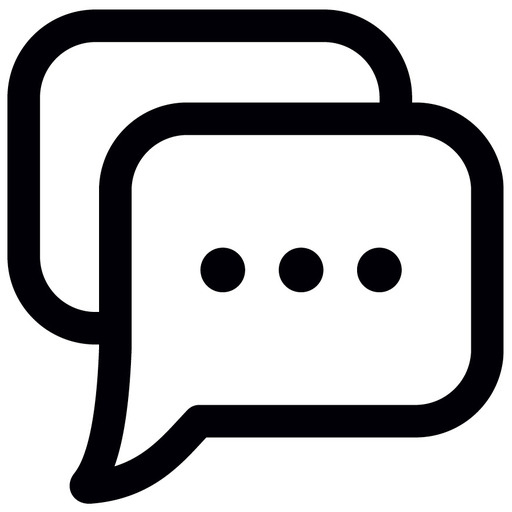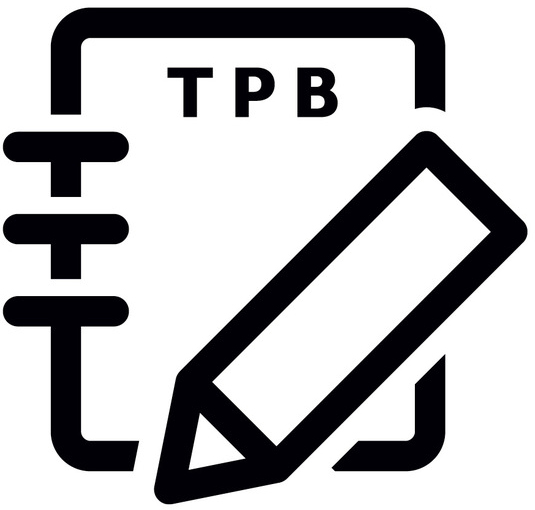Music
You’ve heard about the Mozart effect: babies become smarter when their parents expose them to music, classical or otherwise. Is there any truth to the claim?
 Competing Opinions
Competing Opinions
Perspective #1: Research shows that music improves kids’ intelligence by introducing them to rhythms, rhymes, and patterns. It enhances brain development and helps them learn, and can even improve their social interactions.
Perspective #2: The claim that music makes a baby smarter is based on old research that showed very minor improvement in college students’ IQ scores when they listened to classical music before taking a test. People took the conclusions of that study and expanded them to make claims about children and babies that aren’t based in science. There’s nothing wrong with playing music for your infant, but don’t expect it to lead to a Nobel Prize someday.
 What the Science Says
What the Science Says
WHILE RESEARCH IS still emerging, it appears more and more certain that exposing a baby to music offers lots of advantages. Neuroscientists have found actual changes in the brain—infants’ auditory and prefrontal cortexes look different after the babies listen to music. It appears that these changes produce numerous health- and brain-related benefits.
For preterm infants specifically, the literature supports the use of music in helping babies sleep better, gain weight, and recover from painful procedures. One study published by the AAP showed that playing lullabies and simulating the whooshing sounds heard in the womb can offer numerous benefits for preterm babies, including improvements in bonding, feeding behaviors, and sucking patterns, as well as prolonged periods of quiet alertness. This study also found that singing lullabies live resulted in enhanced relational bonding and decreased stress for parents.
In addition, researchers have found that various kinds of music can help babies process speech more effectively and improve their understanding of rhythm in both speech and melody. Another study showed that when babies are exposed to interactive music classes, they smile more and communicate better, while also developing more sophisticated brain responses when exposed to other music. Further research points to positive traits resulting from kids listening to music as they grow into toddlerhood and the school years, including being more helpful, sharing, cooperative, empathetic, and trusting.
 The Bottom Line
The Bottom Line
PLAY THOSE TUNES for your baby, and if you like to sing, then sing to your little one as well. Be sure to protect her delicate ears when it comes to volume (see the entry “Silence vs. Noise in the House”), but rest assured that music can offer her many advantages. Research doesn’t set an exact amount of time for listening, and it doesn’t prioritize genres. It just says that music produces these good results. So at home, in the car, and during your daily activities, expose your child to music.
Use it for yourself as well. In therapy sessions, I’ve sometimes “prescribed” music to families I’m working with, to transform the morning routine into a less stressful and more playful one. I’ve often heard back from parents that they find music a great tool that helps them be more patient and less reactive.
 On a Personal Note
On a Personal Note
OUR HOUSE IS a musical one, and it always has been. The research showing how powerful music is in stimulating a child’s brain is one reason my husband and I have played a lot of music for our kids through the years. But the main reason is that we all enjoy it so much.
When our oldest was a toddler, my husband got tired of the typical children’s music. Unable to tolerate one more chorus of “Wheels on the Bus,” he created a playlist with adult songs our young son liked and responded to but that we could enjoy as well: the Beatles, Aretha Franklin, Johnny Cash, Foo Fighters, and on and on. He made more and more playlists through the years, and these have been the sound track of our boys’ childhoods. The musicians and genres evolved as the boys grew up, but they heard music all the time: at breakfast, while doing their chores, while playing, in the van on the way to a game.
We worked hard to screen our kids from inappropriate language and images in the songs we introduced them to. Still, every now and then the boys’ awareness of adult music caused a problem. One of our sons, when he was playing with his father at the park, was invited to join a Christian-themed group of parents and preschoolers called God and Me. When the group gathered into a circle, the leader asked each child to name his or her favorite song. My son and husband listened as kids called out titles like “Jesus Loves Me,” “Mary Had a Little Lamb,” and, yes, “Wheels on the Bus.” When the group turned their attention to my son, who in that particular moment of his life was especially enjoying the music of Queen, he blurted out, “Fat Bottomed Girls!”
Now that they’re all teenagers, the boys make their own playlists, and each year on my birthday I can usually count on receiving at least one carefully curated collection. I love that they take the time to think about me and my own musical preferences (which more and more are much different from their own) and choose songs they know I’ll like.
So play music for your kids because, yes, it can benefit them in many ways. But do it as well because it’s fun, and because it gives you one more way to bond with them.